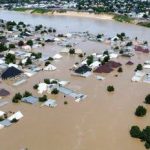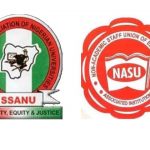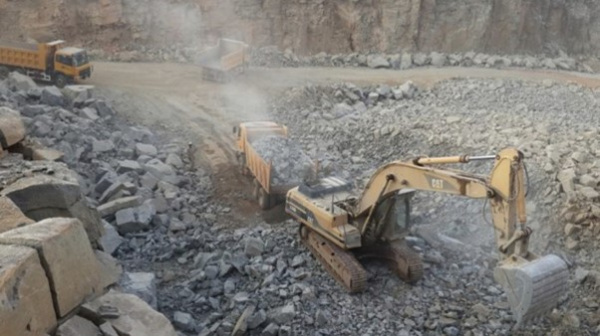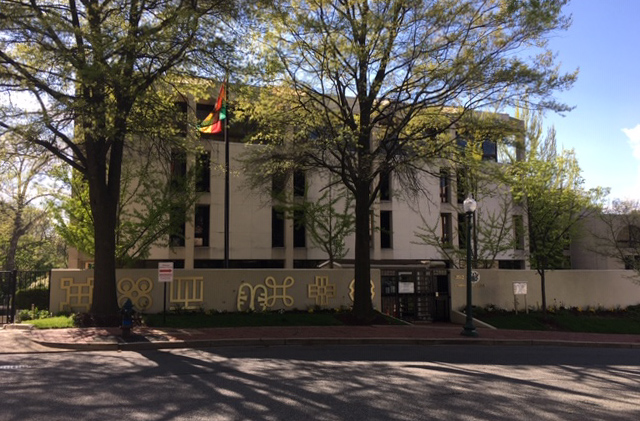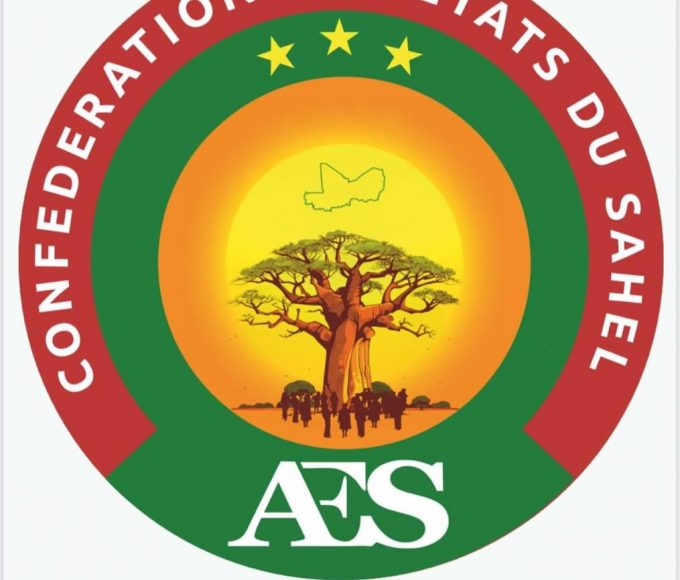
AfDB Urges Nigeria and Africa Leaders to end Poverty with Welfare Policies
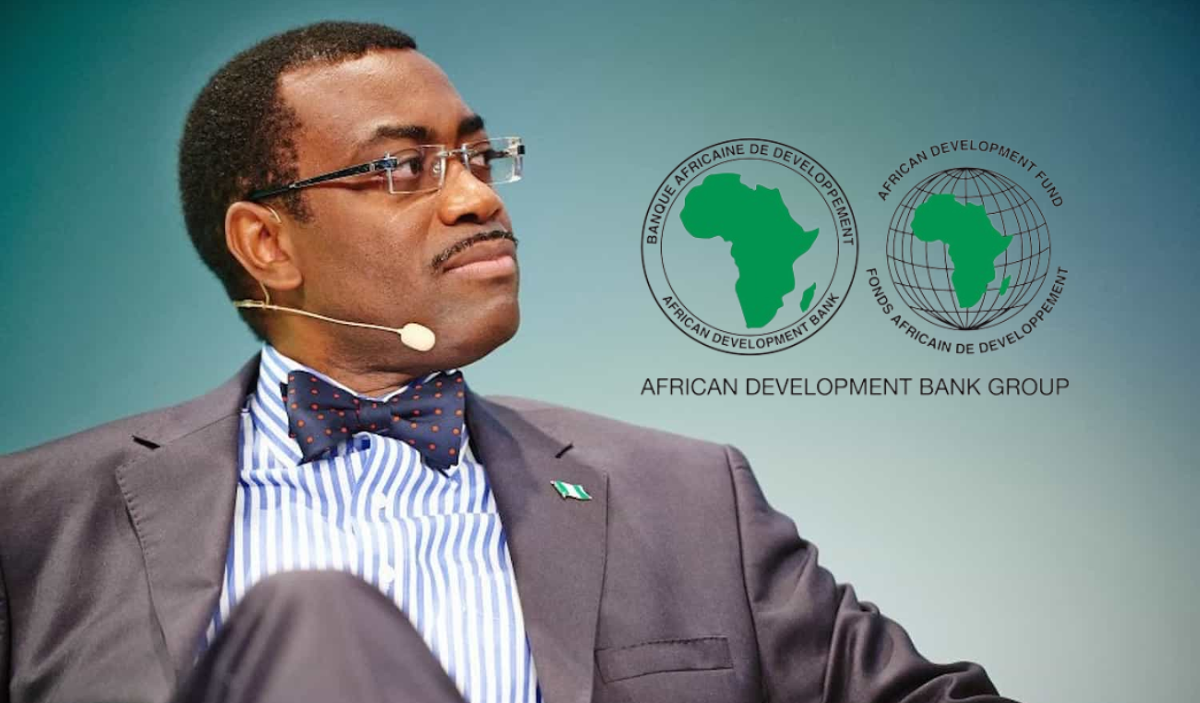
The president of the African Development Bank Group (AfDB), Dr Akinwumi Adesina, has urged leaders in Nigeria and Africa to replace poverty history with policies that focus on welfare and people-centred initiatives.
Speaking at the Awolowo’s Foundation annual lecture, ‘Making a New Nigeria: Welfarist Policies and People-Centred Development,’ Adesina called on African leaders, including Nigerian leaders, to consider welfarist and people-centred developments.
“Given the high levels of poverty in Africa, and Nigeria, what is needed are welfarist policies that exponentially expand opportunities for all, reduce inequalities, improve the quality of life of people,” Adesina said as he received the prestigious Awolowo prize for leadership at the event.
Among past and present African Presidents were Zali Assoumani of the Union of Comoros, Samia Suluhu Hassan of the United Republic of Tanzania, and Sahle-Work Zewde of the Federal Democratic Republic of Ethiopia. At the same time, the Prime Minister of Togo, Victoire Tomegah Dogbe, represented her country’s President, Faure Gnassingbe.
Nigeria was represented by Vice President Kashim Shettima, with the attendance of former Presidents, including Goodluck Ebele Jonathan, Olusegun Obasanjo and Yakubu Gowon, and Ghana’s former president John Dramani Mahama.
During his speech, Adesina addressed five key points that Nigeria and African leaders must focus on for economic transformation to transform nations and the people’s lives.
Many of these are the transformation of the rural economy and food security, health security for all, education for all, affordable housing for all, and government accountability and fiscal decentralisation for true federalism.
Meanwhile, the AfDB, in its recently published Africa’s Macroeconomic Performance and Outlook report, posited that Nigeria is currently experiencing slow growth.
“To get out of the economic quagmire, there is a compelling need for the restructuring of Nigeria. Restructuring should not be driven by political expediency, but economic and financial viability,” said the AfDB president.
Also, Adesina said, “Citizen accountability forums are needed for the people to have a say in how their nation’s resources are being used and how their governments are performing.”
Read: SSANU, NASU to Embark On One-Week Warning Strike over Unpaid Salaries
About The Author
Mayowa Durosinmi
author
M. Durosinmi is a West Africa Weekly investigative reporter covering Politics, Human Rights, Health, and Security in West Africa and the Sahel Region
Mayowa Durosinmi
M. Durosinmi is a West Africa Weekly investigative reporter covering Politics, Human Rights, Health, and Security in West Africa and the Sahel Region
Related Articles
Cotê D’Ivoire: Thousands Rally in Abidjan as Opposition Demands Electoral Reforms Ahead of October Election
Thousands of opposition supporters gathered in Abidjan on Saturday, May 31, to...
ByJoy ChukwuJune 1, 2025Togo Stops Issuing Mining Permits to Reform Outdated Mining Code
Togo has suspended the issuance of new mining permits for prospecting and...
ByJoy ChukwuJune 1, 2025ICYMI: Ghana Shuts Down Washington Embassy Over Visa Fraud Scandal
Ghana has temporarily closed its embassy in Washington, D.C., following the uncovering...
ByJoy ChukwuMay 31, 2025Confederation of Sahel States Moves to Establish Joint Judicial Body
The Confederation of Sahel States (CSS), comprising Mali, Niger, and Burkina Faso,...
ByJoy ChukwuMay 31, 2025




